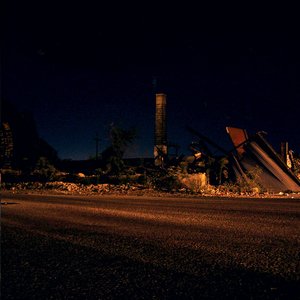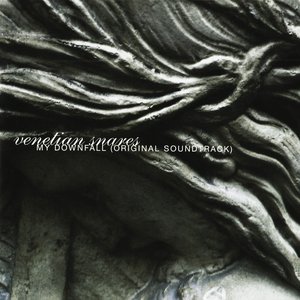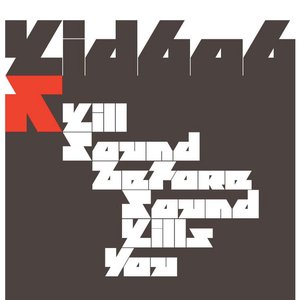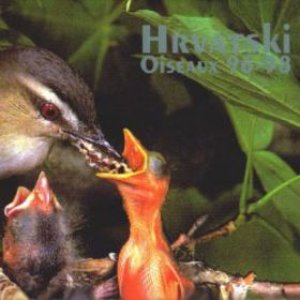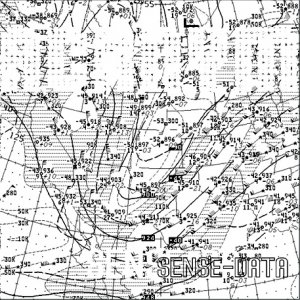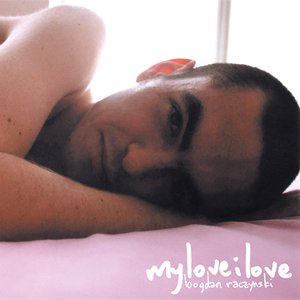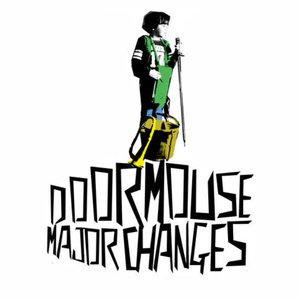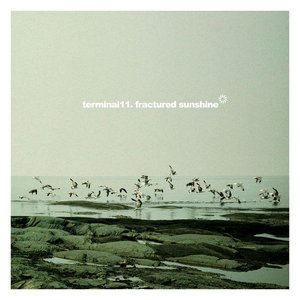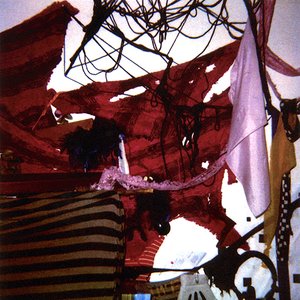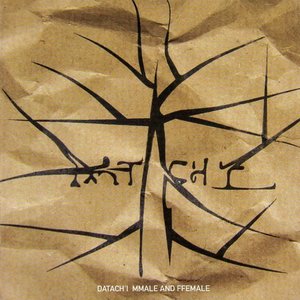Wiki
-
Release Date
13 March 2005
-
Length
11 tracks
Rossz Csillag Alatt Született (Hungarian pronunciation: ) is a 2005 album by breakcore artist Venetian Snares, released on the Planet Mu label. Inspired by an earlier journey of Aaron Funk's to Hungary, the album title and all of the track names are in Hungarian; Rossz csillag alatt született translates to "Born Under a Bad Star".
Stylistically, the album consists of classical strings and trumpets combined with chaotic breakbeats. It is arguably Funk's most critically acclaimed work. According to Tiny Mix Tapes, it ranked at #25 on the Top 25 Albums of 2005.
The concept of the album came when Aaron Funk imagined himself as a pigeon on Budapest's Királyi Palota (Royal Palace). Its third track, "Öngyilkos vasárnap" is a cover of the song "Szomorú vasárnap" ("Gloomy Sunday") by Hungarian composer Rezső Seress, which has been referred to as the Hungarian suicide song.
According to urban legend, Seress's song has inspired the suicide of multiple persons, including his fiancée. The song was reportedly banned in both the United States and Hungary, but has been covered by many artists, including Billie Holiday. Her vocals are sampled in this track.
The album also samples various pieces of classical music:
- The first movement of Béla Bartók's fourth string quartet, in track two.
- The second of Igor Stravinsky's "3 Pieces for Clarinet", in track five.
- The first movement of Gustav Mahler's 3rd Symphony (trombone solo), in track five.
- Measures 121-128 (14), 134 (15) and 144 (16) of Bartók's first string quartet (third movement), in track five.
- Niccolò Paganini's 7th Caprice in A minor, in track five.
- The first and third measure of the fourth movement of Bartók's sixth string quartet, in track six.
- Sir Edward Elgar's "Cello Concerto in E Minor, Op. 85", in track eight.
- The Siciliana of Fantasia No. 9 from Georg Philipp Telemann's Twelve Fantasias, in track ten.
Album descriptions on Last.fm are editable by everyone. Feel free to contribute!
All user-contributed text on this page is available under the Creative Commons Attribution-ShareAlike License; additional terms may apply.

